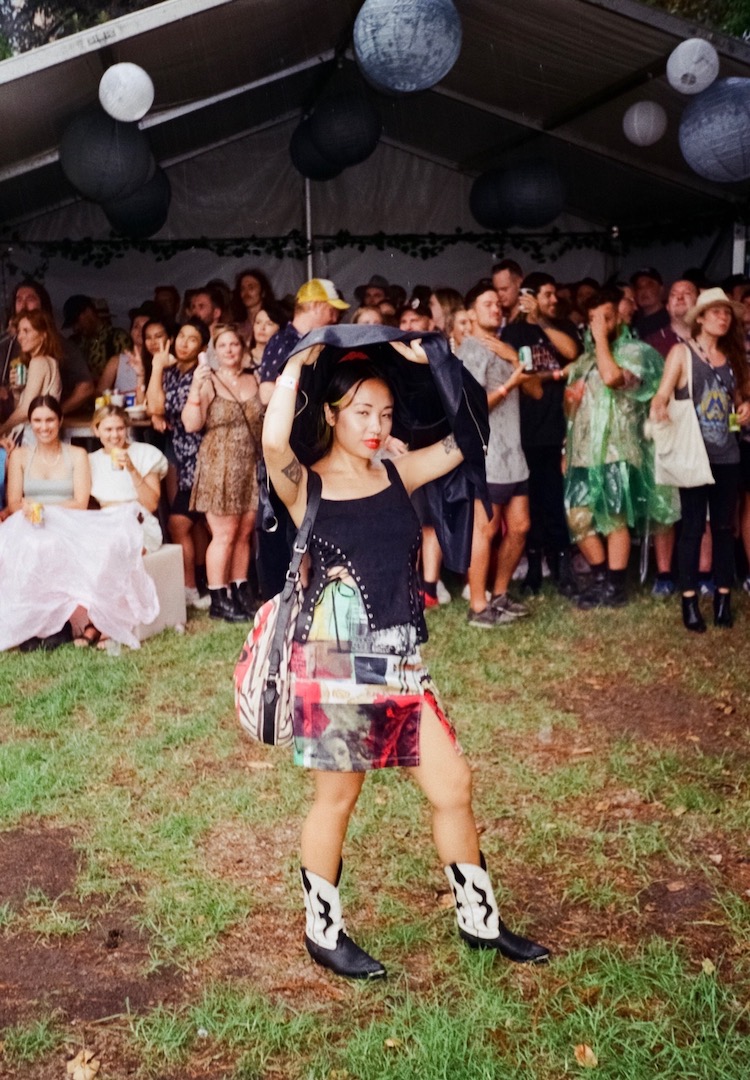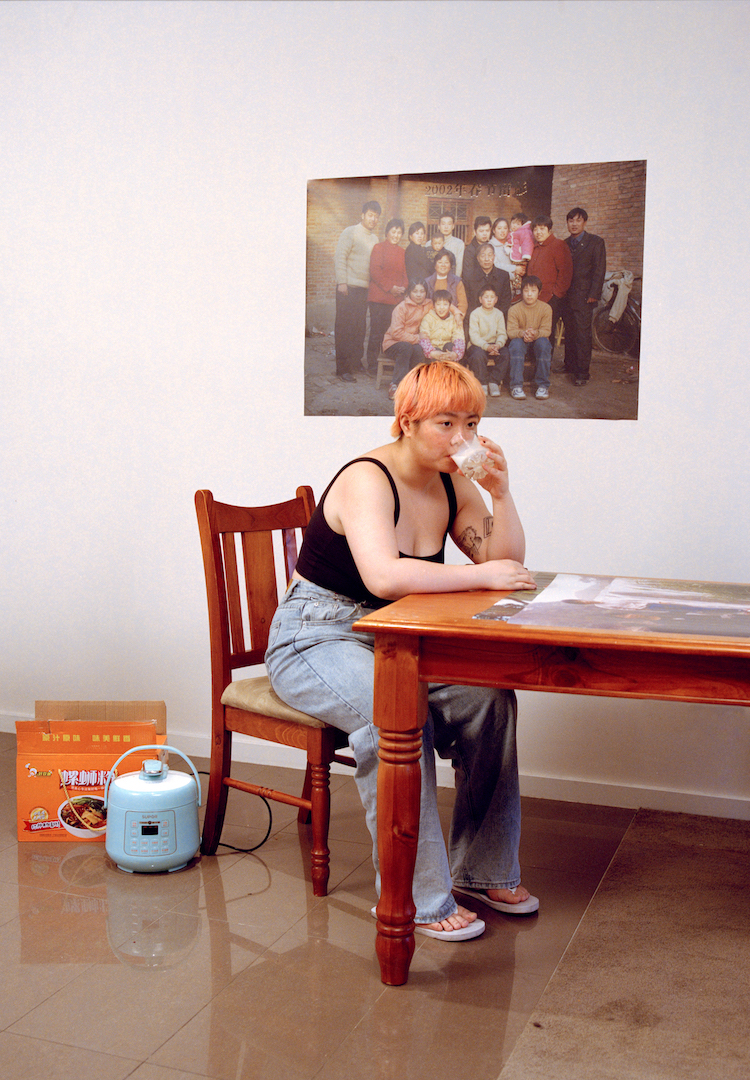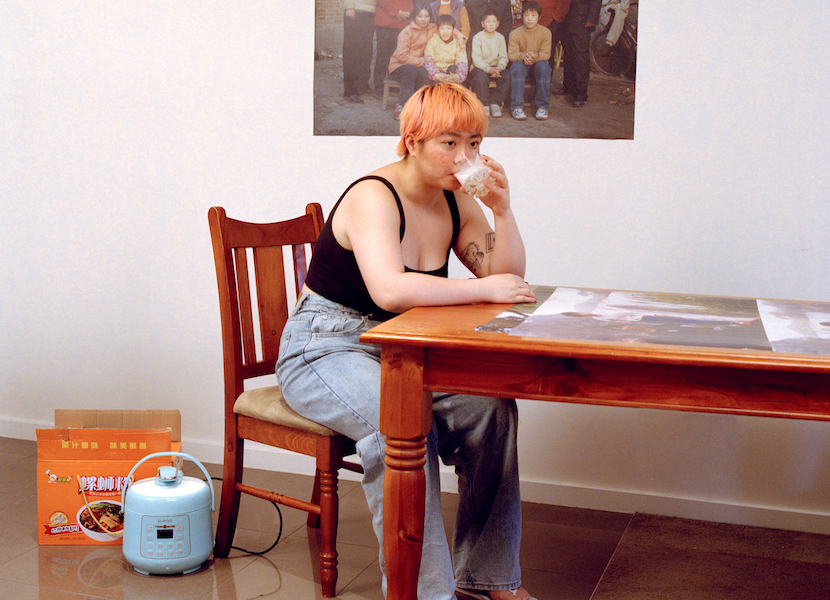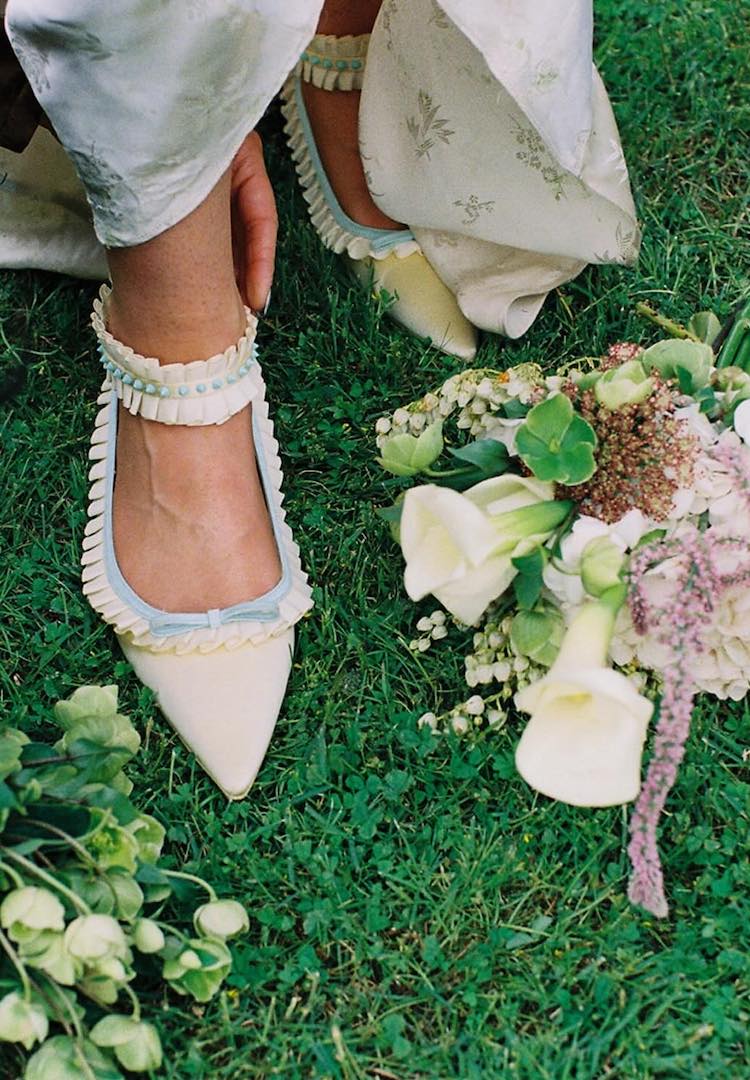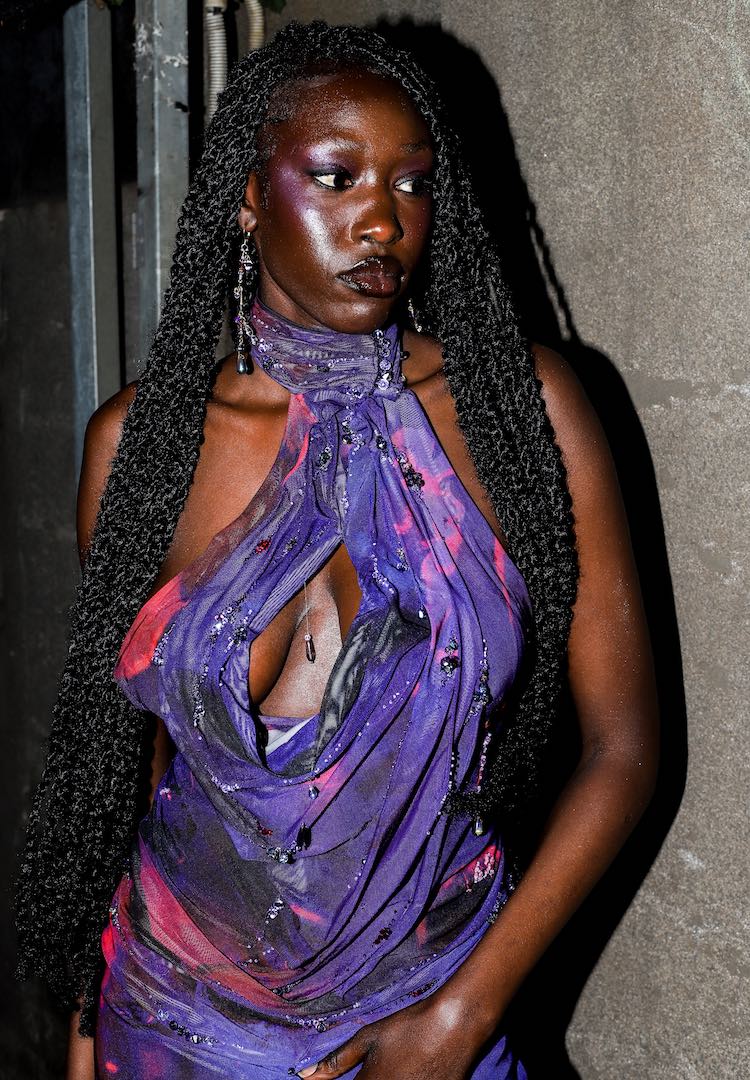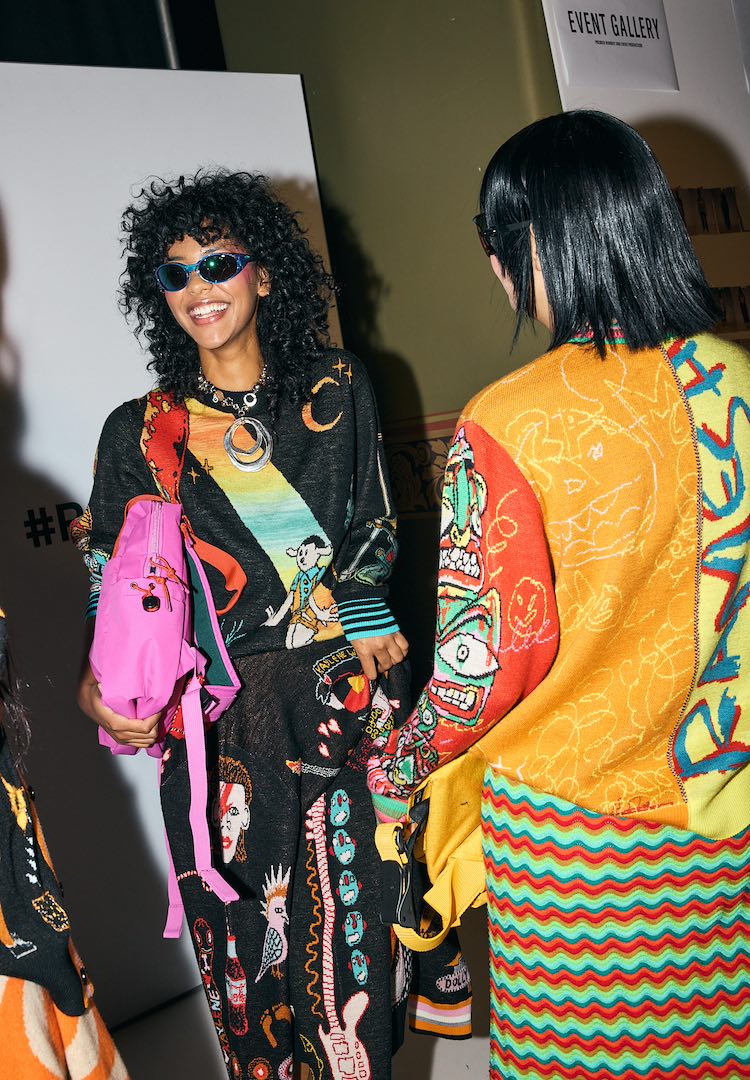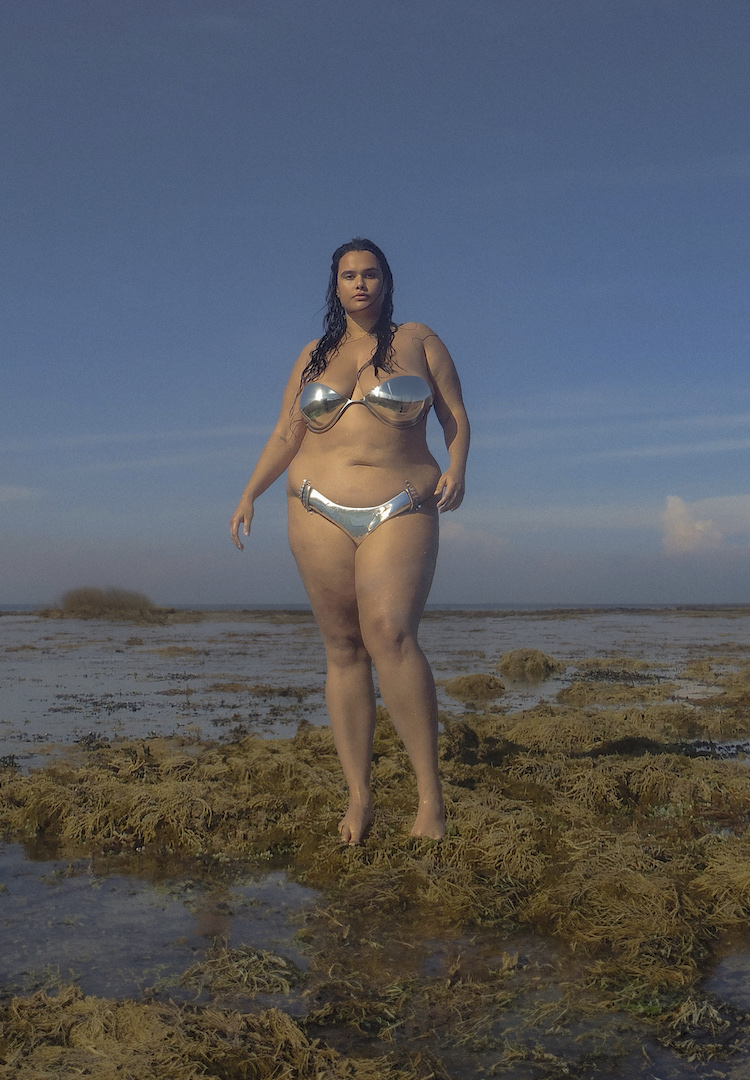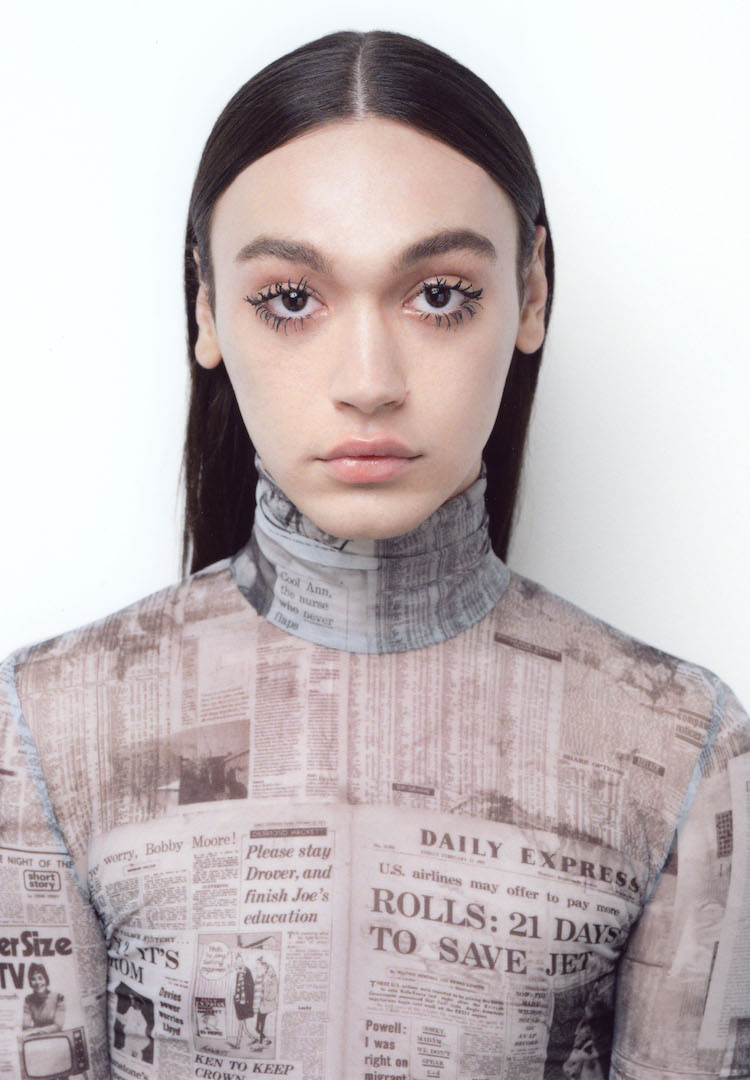I spoke to four young Melburnians to figure out what life is like for international students right now
PHOTOGRAPHY BY Liu Chaoyang (Yang)
Words by Isabelle Sacks
“They will always look after their own people first. I understand, but I don’t think it’s right.”
We all have a lot on our plates right now, but international students are some of the most vulnerable, and they are largely unable to access support.
After dealing with uncertainty about visas and returning home, mental health issues, a lack of financial support and employment exploitation, most international students still in Australia during the pandemic say they would tell their friends not to come and study here, according to a recent university-led survey.
Another survey on COVID-19’s impact on international students found that 60 per cent had lost their job, 31 per cent didn’t have money to pay rent and 46 per cent were skipping meals on a regular basis. And yet, they are ineligible for federal wage subsidies like JobKeeper or JobSeeker.
We also know that the pandemic has hit people working in creative industries particularly hard, as their work environments are often reliant on collaboration. I wanted to find out more about how the pandemic is impacting people on an individual level, so I spoke to four Melbourne-based creatives, a mix of recent graduates and current students, about their experiences.
Jake Liu
Jake is a fashion designer whose work focuses on an androgynous look by using tailoring fabrics and sportswear finishings. He finished his masters at RMIT in 2019.
So Jake, I know that you recently made the journey home to China. What prompted your decision to go back?
Basically, like everyone else I’ve been in my house for half a year, literally almost doing nothing. Every night I couldn’t sleep until 4.00am or 5.00am and it got to the point where I wasn’t okay, and I decided I should just leave.
The pandemic has been really hard on everyone’s mental health, how are you feeling?
To be honest, I came back because I couldn’t manage it anymore. I tried but it was really hard. I saw some of my Chinese friends before I left, and it’s hard to talk about, but they’ve all changed. They’re quieter, they talk less, and it’s like we all got a little bit destroyed by the pandemic. Everyone is so depressed, but they don’t know what to do because the flights home are really expensive and they’re still studying. I spent six thousand dollars to come back.
How have the circumstances affected your creativity?
I think it’s definitely a huge limit to me to be creative, but as a designer, you just use what you have to work on new stuff. So it’s sort of like a good challenge. I usually have fabric choices, I usually have a better sewing machine, I usually have a bigger space to work on stuff in the studio. Being at home, I was trying to figure out what I can do with the leftover fabrics, trying 3D digital design, and I was experimenting with dyeing fabrics naturally with fruits and vegetables.
What would you want to say to any emerging designers or international students that might be struggling?
I would like to encourage all the Australian designers to just keep doing their thing. And if they’re struggling, I think they should reach out to each other and see what they can do together. And for international students, I think if you are really upset or really depressed, just come back home. It’s long-term torture for most people. I kept telling myself I’d stay longer, longer, longer, and maybe it would be fine. And it’s not after over half a year. So I’m done.
Jiaxi Wang
Jiaxi is an undergraduate photography student at RMIT. She loves using experimental techniques to tackle feminist issues and has started to transition into fashion photography.
https://www.instagram.com/p/CC8EHxQD4DB/?utm_source=ig_web_copy_link
I know you’re in your final year of studying, can you tell me about how it’s all going?
In terms of schoolwork, I wouldn’t say it’s a disaster, but my end of third-year project is supposed to be the best thing you do you in your whole bachelors and I don’t think that’s going to be the case for me because my ideas all involve taking photos of other people.
How has the teaching been this year?
It’s different. Some things, like post-production, haven’t changed much studying remotely, but some class activities, especially lighting and printing, you really need to do in person.
Have you felt supported by your university?
Not really. Towards the end of last semester, I asked some of the international students who are studying photography to write an email together, asking if we could get a partial refund for our semester one fees. As international students, we pay $4,080.00 for 12-credit classes and $8,160.00 for studio classes, and part of what we pay for is access to school facilities like photography studios, lighting equipment, camera accessories and expensive monitors. But we’ve lost access to all of that due to COVID. They said no, of course.
Ted Min
Ted is a freelance photographer whose pictures radiate fun. He graduated from RMIT in 2019.
https://www.instagram.com/p/B_07TczHbdf/?utm_source=ig_web_copy_link
We know this time has been really tough, particularly for creatives, how have you been managing?
I think I was pretty lucky because I was able to work a bit between the two lockdowns, so I think I’ll be able to survive until the end of this, but I’m still pissed off that there is just no support from the government. Most of my friends who are internationals are suffering quite a lot. My girlfriend is really stressed as well. She lost her job at a cafe, so she’s looking at her bank account every day.
Your visa doesn’t allow you to access JobKeeper or JobSeeker, have you been able to receive any support?
So the only support I’ve been able to get was from Red Cross, which was a one-off payment of $400 each for me and my girlfriend. Other than that, there has been absolutely nothing. I understand that the government’s priority is their own people, and it is the same with my own country as well. But then I think if you’re having these extended lockdowns, the government should at least try to keep people alive.
We’ve seen stories in the media recently about international students dealing with rampant wage theft during the pandemic, but has this always been a problem?
Yeah, there were always a lot of issues regarding wage theft. When someone doesn’t speak the language very well they always try to find a way to pay them less. Before photography, I worked in a lot of Korean restaurants who paid cash, and it isn’t usually minimum wage, I got about $15 an hour.
Liu Chaoyang (Yang)
Yang graduated from RMIT last year and is a talented photographer. He runs Brunswick film lab Building 2 Scan and Building 2 Darkroom.
So Yang, how are you feeling?
Personally, I’m okay living with my partner and I have a house, not an apartment. So we still have a backyard, so we feel ok, but for most of my international friends, they’re living in tiny apartments and cannot go outside all the time.
How are your friends who are still studying handling it?
They have to do online courses, which sucks. And international students pay 25 times the cost of it. I mean, for my personal feeling, the universities want money only.
I know your business is relatively new, how has the pivot been?
So we closed down the Brunswick studio and we only offer a mail order service now. People send the film to us, and we scan it and do the colour correcting. Honestly, it’s really tough, as we know no one can do photography jobs right now and we can’t really get government support as a new business.

